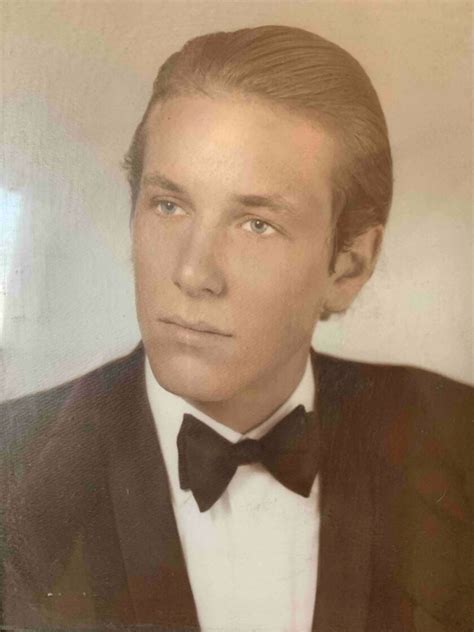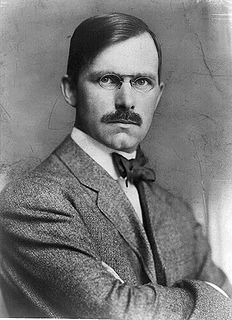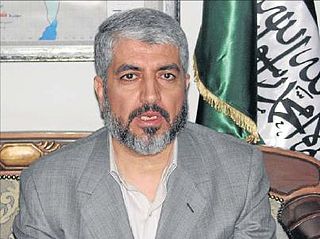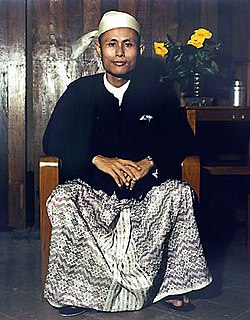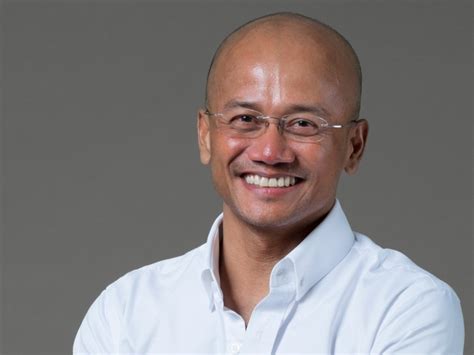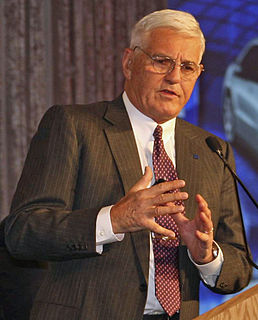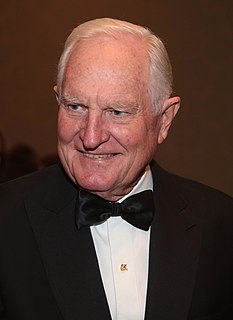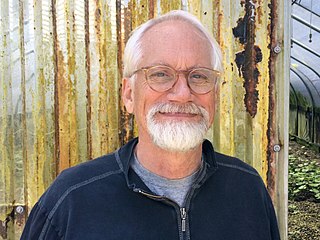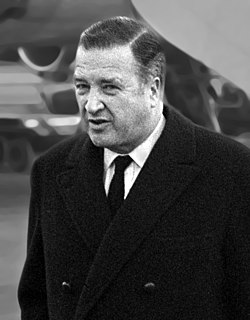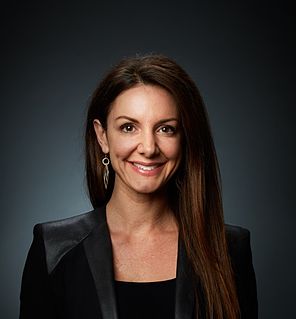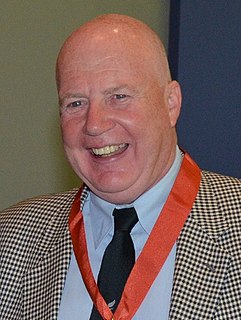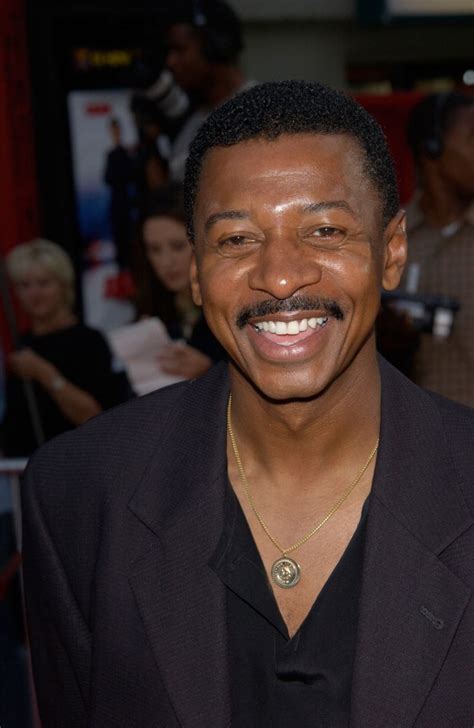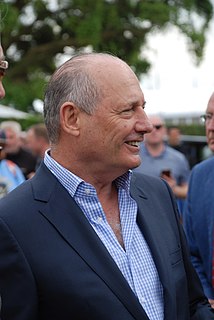A Quote by Philip D. Reed
It is sometimes frightening to observe the success which comes even to the outlaw with a polished technique, and we find ourselves doubting the validity of the virtues we have been taught. But I believe we must reckon with character in the end, for it is as potent a force in world conflict as it is in our own domestic affairs. It strikes the last blow in any battle.
Related Quotes
It can be frustrating and even frightening to observe the success which sometimes comes to outlaws and rogues who seem to refute notions of universal justice. Every time we see a villain enjoying the fruits of dishonorable acts we find ourselves doubting the value of character and the validity of the virtues we have been taught. Thus, it takes character to believe in character, but that belief is always rewarded, often by material success, but always by the esteem it earns from those who matter.
I find along with many virtues in my countrymen there is a jealousy, a soreness, and readiness to take offence, as if they were the most helpless and impotent of mankind, and yet a violence... and a boistrousness in their resentment, as if they had been puffed up with the highest prosperity and power. they will not only be served, but it must also be in their own way and on their own principles and even in words and language that they liked... which renders it very difficult for a plain unguarded man as I am to have anything to do with them or their affairs.
The question we must ask ourselves as a culture is whether we want to embrace the change that must come, or resist it. Are we so attached to the dietary fallacies with which we were raised, so afraid to counter the arbitrary laws of eating taught to us in childhood by our misinformed parents, that we cannot alter the course they set us on, even if it leads to our own ruin? Does the prospect of standing apart or encounttering ridicule scare us even from saving ourselves?
We leave something of ourselves behind when we leave a place. We stay there even though we go away and there are things in us we can find again only by going back there. We travel to ourselves when we go to a place. We have covered a stretch of our life no matter how brief it may have been but by traveling to ourselves we must confront our own loneliness. And isn’t it so that everything we do is done out of fear of our loneliness? Isn’t that why we renounce all the things we will regret at the end of our life?
It is certain that success naturally confirms in us a favourable opinion of our own abilities. Scarce any man is willing to allot to accident, friendship, and a thousand causes, which concur in every event without human contrivance or interposition, the part which they may justly claim in his advancement. We rate ourselves by our fortune rather than our virtues, and exorbitant claims are quickly produced by imaginary merit.
In order to find God in ourselves, we must stop looking at ourselves, stop checking and verifying ourselves in the mirror of our own futility, and be content to be in Him and to do whatever He wills, according to our limitations, judging our acts not in the light of our own illusions, but in the light of His reality which is all around us in the things and people we live with.
But we are pledged to set the world free. Our toil must be in silence, and our efforts all in secret. For in this enlightened age, when men believe not even what they see, the doubting of wise men would be his greatest strength. It would be at once his sheath and his armor, and his weapons to destroy us, his enemies, who are willing to peril even our own souls for the safety of one we love. For the good of mankind, and for the honor and glory of God.
It is possible to move through the drama of our lives without believing so earnestly in the character that we play. That we take ourselves so seriously, that we are so absurdly important in our own minds, is a problem for us. We feel justified in being annoyed with everything. We feel justified in denigrating ourselves or in feeling that we are more clever than other people. Self-importance hurts us, limiting us to the narrow world of our likes and dislikes. We end up bored to death with ourselves and our world. We end up never satisfied.
There are some who support us and others who are on the other side. They bow to pressure from the international community. But there is no reason for any of them to be against our Palestinian concerns. We don't interfere in any of the domestic policies of other countries. We are a national movement and we are concentrating on our conflict and the battle against the Israeli occupation.
Suffer not yourselves to be betrayed with a kiss. Ask yourselves how this gracious reception of our petition comports with those warlike preparations which cover our waters and darken our land. Are fleets and armies necessary to a work of love and reconciliation? Have we shown ourselves so unwilling to be reconciled, that force must be called in to win back our love? Let us not deceive ourselves, sir. These are the implements of war and subjugationthe last arguments to which kings resort.
